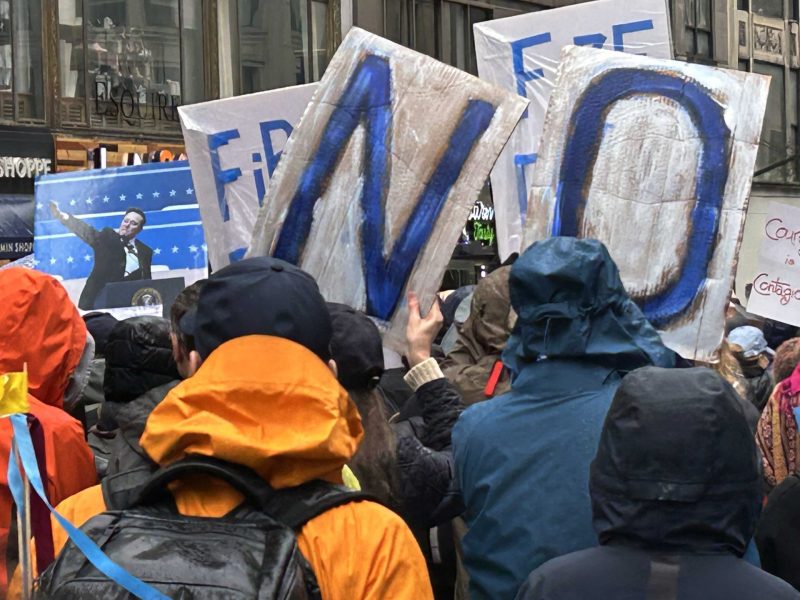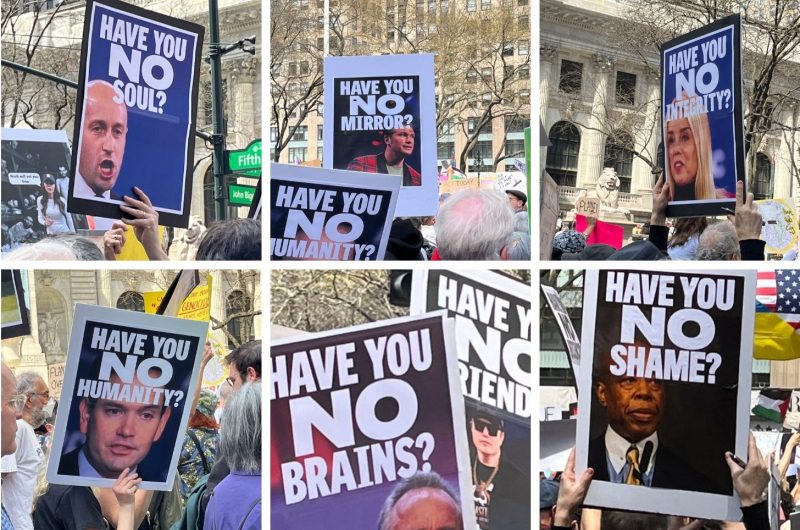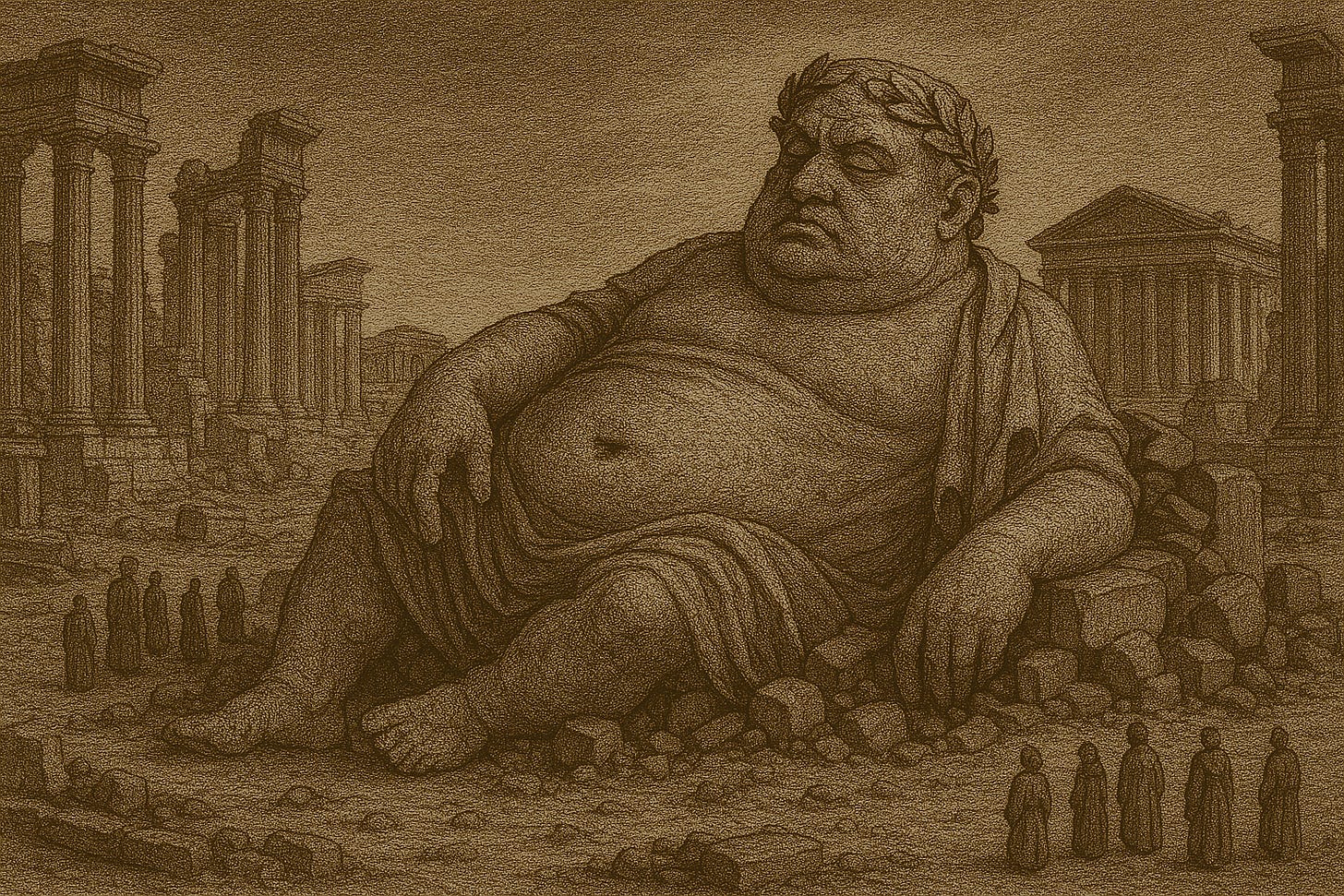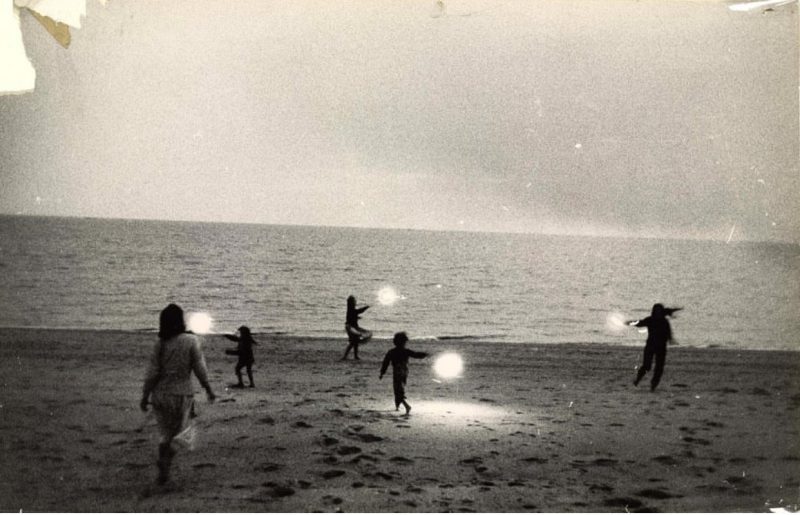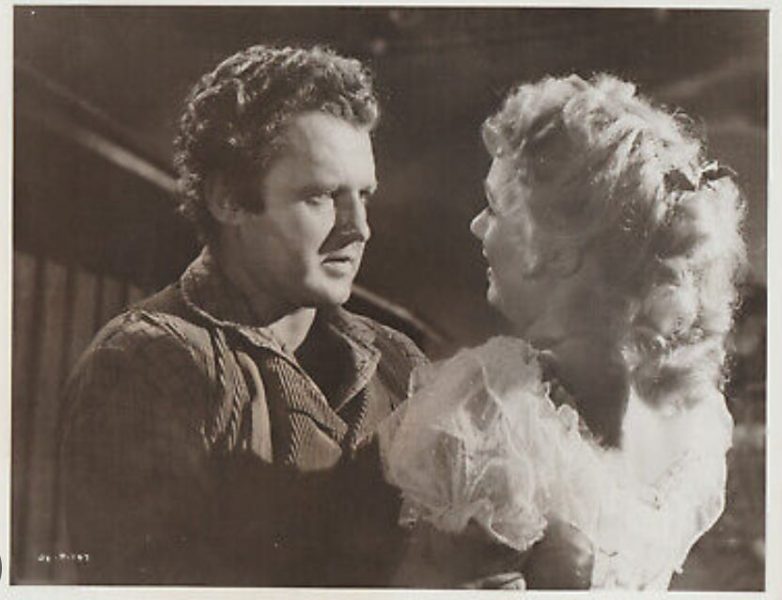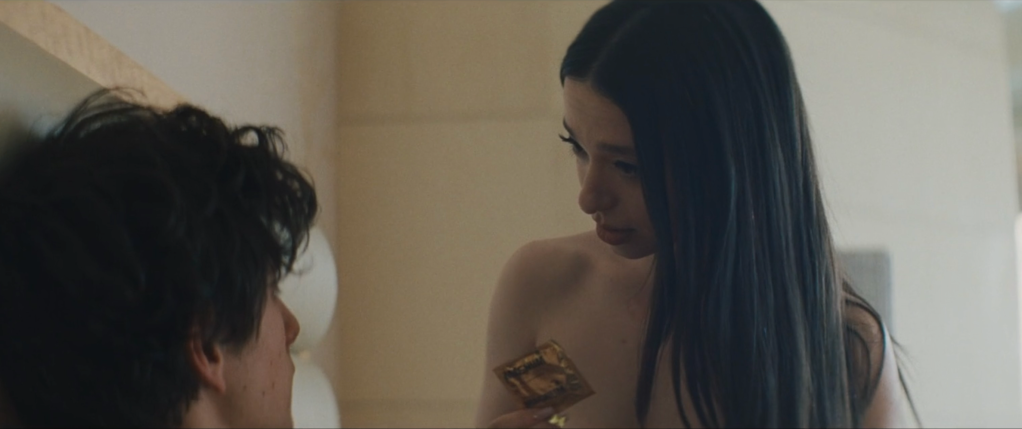
The condom in Sean Baker’s Anora (2024) haunts me. Early in the Oscar-minted film, the titular adult entertainer presents a golden packet to Vanya, her callow yet absurdly wealthy young client, in advance of sexual intercourse. “You want to put this on? Or do you want me to put it on for you?” she coos, cleverly offering an illusion of choice while communicating that one way or the other, the condom is going on.
Only it doesn’t go on – ever. Not only because a shot of Mark Eydelshteyn’s genitals would bust through the film’s R rating – the MPA’s sexed bias is well documented – the application of the condom is neither mimed nor further referenced. The scene cuts jarringly to the couple mid-coitus, with Vanya on the brink of orgasm and Ani, of course, doing all the work. Then it cuts again to Ani dressing herself, Vanya’s lap coyly hidden beneath the sheets and the condom presumably discarded. That fleeting glimpse of its shimmery wrapper suggests an omnipresence that the film ultimately has no interest in depicting.
The condom is not only Ani’s golden ticket into Vanya’s lavish world, ushering Anora into an ongoing media trend that lampoons the ultra-wealthy’s heartlessness but too often hangs its critique on titillating wealth-porn. It’s also the means by which she protects herself, even as the thin latex sheath cannot shield her fully from the torrent of exploitation and abandonment to come. It’s a very real boundary she enforces in service of her own health and sexual privacy, a momentary inconvenience rupturing Vanya’s – and let’s be honest, the viewer’s – fantasy of unbarred access to the sex worker’s limitlessly porous body.
For this reason, I do not think the condom could have ceased to be a point of contention between Ani and Vanya. The princeling is accustomed to owning, not renting. He has clearly never been denied his immediate wishes, never been asked to consider the feelings or material conditions of the workers his family employs. His artless fucking makes it clear that Ani is no exception. When he purchases her uninterrupted service for a full week, and especially when the unlikely couple weds in a slapdash Vegas ceremony, are we expected to believe the condom stays on? Why was it ever there in the first place, if the film cannot stand to unwrap it?
Read more

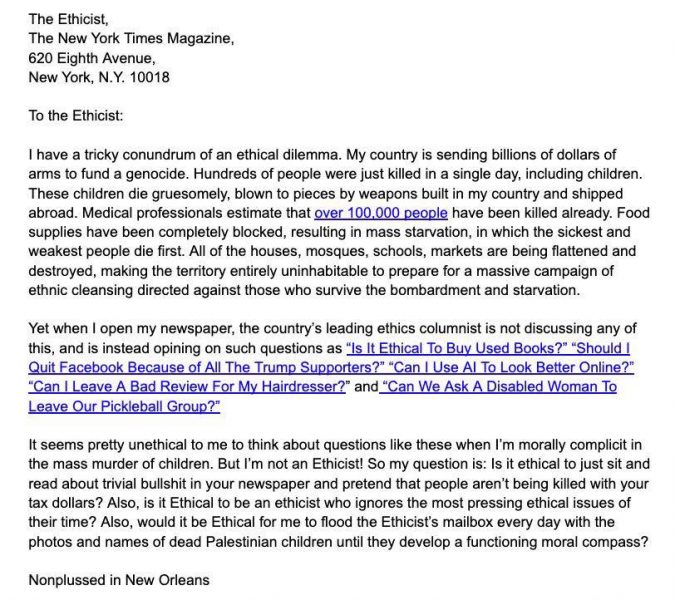 Click Read More to see bigger.
Click Read More to see bigger.

